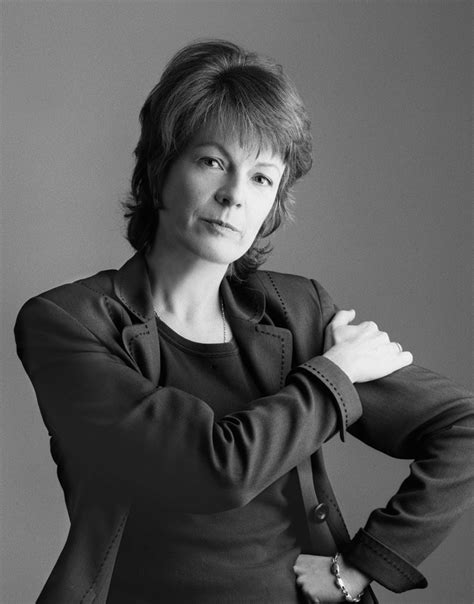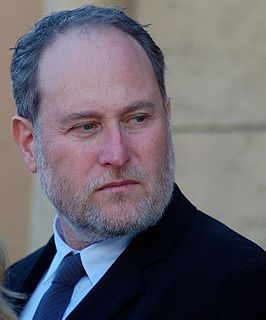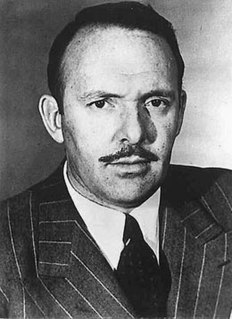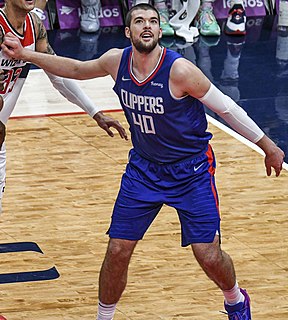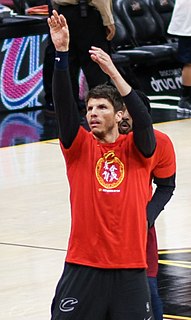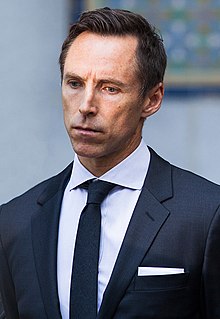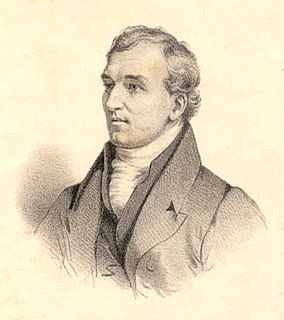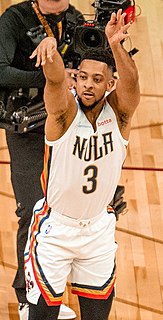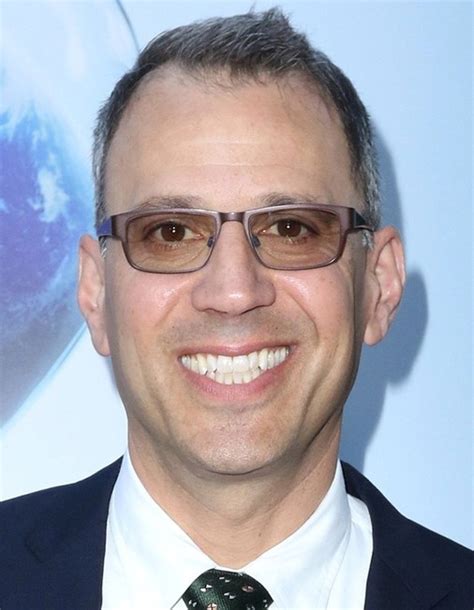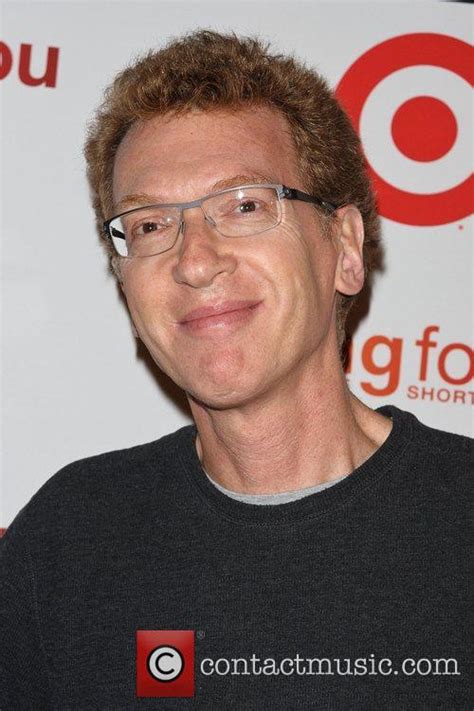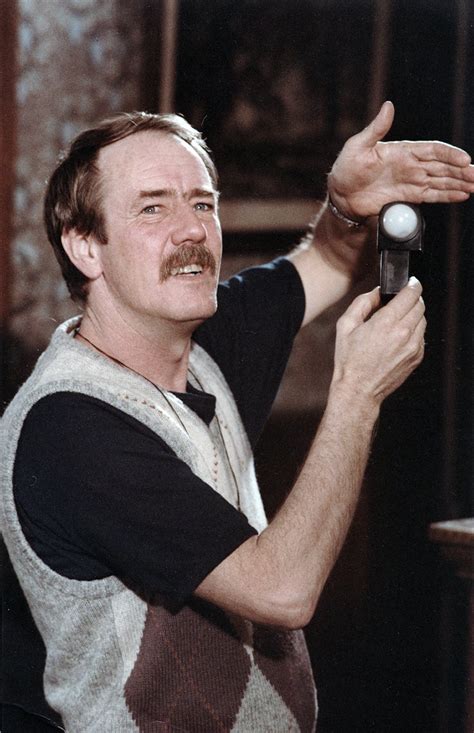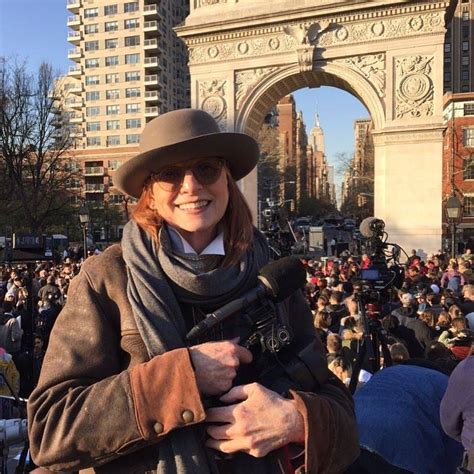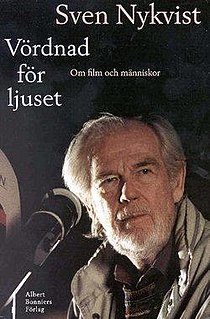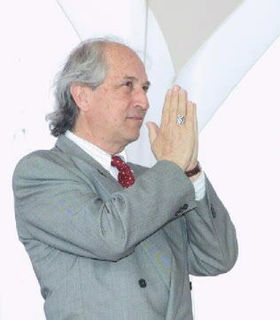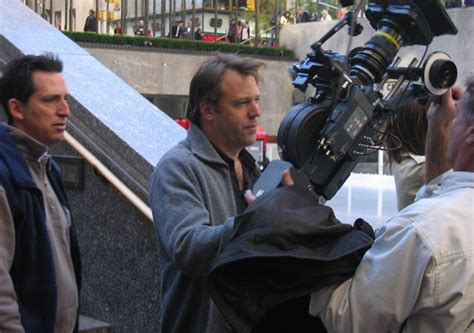A Quote by Maryse Alberti
At the beginning of my career, I shot a lot more documentaries because I liked the adventure, and probably also because it was easier, and still is easier, for women DPs to shoot documentary than it is to shoot fiction.
Related Quotes
I have a 22-year-old son, and when my son was born I made a decision to raise him. My husband and I took turns working, and it's easier to raise a kid in the documentary world, where you go away for two weeks or three weeks rather than the months that you spend on a feature. That was and still is much more open to women DPs than the world of fiction.
It's difficult to make movies. For me it was easier, as a refugee in Switzerland, to make documentary films, because I didn't need a lot of money for it. The way I tell my story or my opinion would be very similar in both fiction and documentary forms. But I found I could speak more effectively to convey this brutal reality through documentary than I could through fiction.
But phony, Hemingway was not, and poseur he was not. He did not shoot lions and leopards because he was searching for the answer to life. He shot lions and leopards because he bloody well liked to hunt and shoot, and killing was the best punctuation mark at the end of the intricate and fascinating process of hunting.
I always thought the piano scene was kind of unique to shoot because we were actually able to film with the playback of the actual song. And that was quite amazing because it almost made it easier - music is usually something that is added after filming has finished so to be able to shoot a scene with music was really wonderful.
One day I decided to move towards documentaries or to move to more directing in documentaries at this point in my career. Why documentaries? I also love fiction. I would love to direct a fiction movie as well. But I think where I come from, reality is so interesting and has in it so many good stories to tell, this is why I'm doing that. I'm enjoying that.
